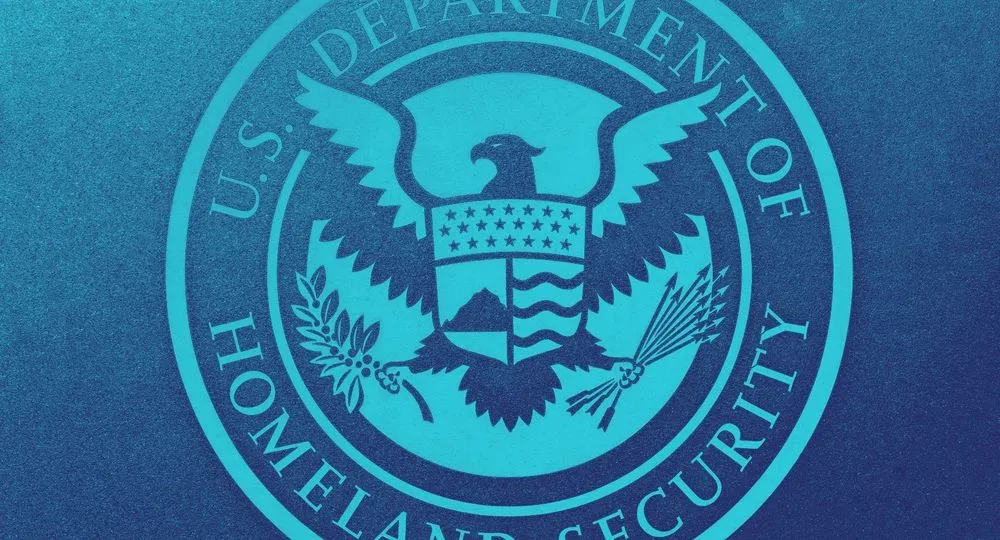Easterly confirmed as CISA director as agency grapples with ransomware crisis
The Senate on Monday confirmed President Joe Biden’s pick to lead the Cybersecurity and Infrastructure Security Agency, filling a critical vacancy as the country reels from a series of digital assaults and a cascading ransomware crisis.
Lawmakers confirmed Jen Easterly, a former NSA official, to helm CISA on a voice vote nearly a month after the Homeland Security Committee unanimously approved her nomination.
“I certainly look forward to working with her… to shore up cybersecurity vulnerabilities and keep American families, businesses, and the federal government secure,” Homeland Security Chair Gary Peters (D-Mich.) said before moving forward on the vote.
He noted that since the Senate adjourned last month the country had been hit by another massive ransomware attack and a contractor for the Republican National Committee had been hacked.
“We need her in place immediately so she can get to work with agencies with businesses and others to recover from recent cyber attacks and to strengthen cybersecurity defenses before the next attack,” according to Peters.

Two previous attempts to vote on Easterly’s confirmation were blocked by Sen. Rick Scott (R-Fla.), who supported her nomination in committee but vowed to hold up all DHS nominees until Biden visited the U.S.-Mexico border.
“This isn’t about Ms. Easterly. This isn't about cybersecurity,” Scott said last month on the Senate floor, before the chamber adjourned for a two-week recess. “I am here today because families in my state of Florida and across our nation deserve accountability.”
Vice President Kamala Harris visited the southern border days later, which prompted Scott to lift his blockade.
CISA has been without a permanent chief since former President Donald Trump fired Chris Krebs last November for refuting his conspiracy theories about the 2020 election.
The agency, established in late 2018, is responsible for helping to protect the nation’s domestic networks and federal civilian systems, manage risks to the critical infrastructure and secure U.S. elections, among other things.
Easterly, who most recently oversaw Morgan Stanley’s resilience strategy, served as the NSA’s deputy director for counterterrorism from 2011 to 2013. One of the architects of U.S. Cyber Command, she had been a frontrunner to be the first ever National Cyber Director, but the president instead nominated former NSA deputy director Chris Inglis to fill the newly-established role.
During her confirmation hearing last month, Easterly called ransomware a “scourge.”
“We're now at a place where nation states and non-nation state actors are leveraging cyber space, largely with impunity, to threaten our privacy, our security and our infrastructure,” she said, adding that some voluntary standards for the private sector on matters like breach notification should “probably” become mandatory.
Easterly will play a key role as the Biden administration scrambles to find ways to combat the onslaught of ransomware attacks that have come to impact almost every facet of daily life in recent months, from private businesses and local governments to schools and hospitals.
Congrats to Jen Easterly on her confirmation as the next @CISAgov Director. The perfect leader for an increasingly important agency. Bravo to Brandon Wales to leading the agency the last 8 months. Excited to watch this team continue to do great things. #DefendTodaySecureTomorrow https://t.co/RNHLPlfYvB
— Chris Krebs (@C_C_Krebs) July 12, 2021
Last week the president convened cybersecurity advisers from DHS, the State and Justice departments and the U.S. intelligence community for a meeting in the White House Situation Room devoted to the ransomware threat, just days after a Russian cybercriminal gang dubbed REvil mounted an attack over the July 4 holiday that encrypted the data of 1,500 companies.
The same group was responsible for a ransomware attack on Colonial Pipeline two months ago, which caused gas shortages up and down the East Coast.
Biden is under increasing pressure to make good on the warning he delivered to Russian President Vladimir Putin last month in Geneva that the U.S. would respond to future digital attacks on critical infrastructure.
Biden said he “made it very clear” to Putin during a phone call on Friday about ransomware attacks that Washington expects the Kremlin to crack down on criminal networks operating in Russian territory.
The president was later asked by a reporter if it made sense for the U.S. to "kick it up a notch and attack the actual servers that are used?”
"Yes," Biden replied.
Martin Matishak
is the senior cybersecurity reporter for The Record. Prior to joining Recorded Future News in 2021, he spent more than five years at Politico, where he covered digital and national security developments across Capitol Hill, the Pentagon and the U.S. intelligence community. He previously was a reporter at The Hill, National Journal Group and Inside Washington Publishers.



